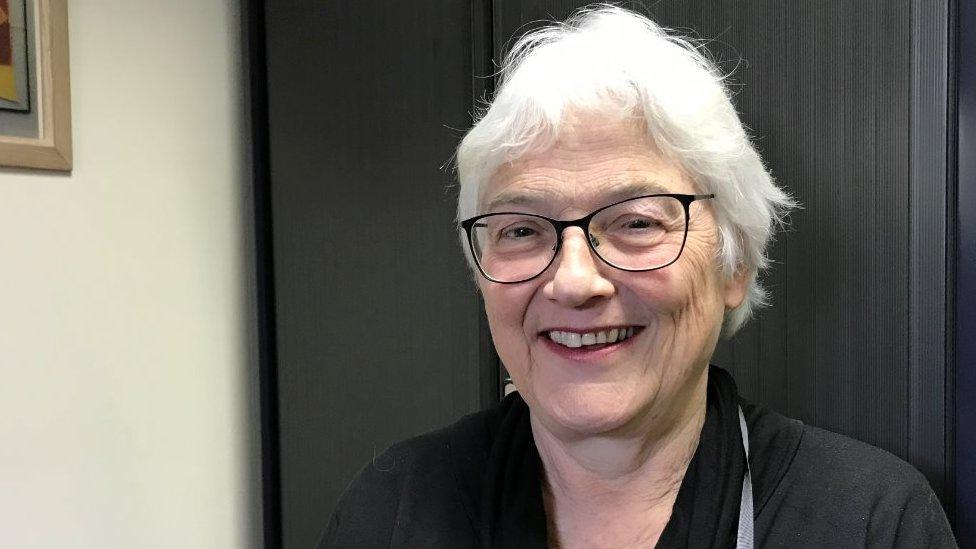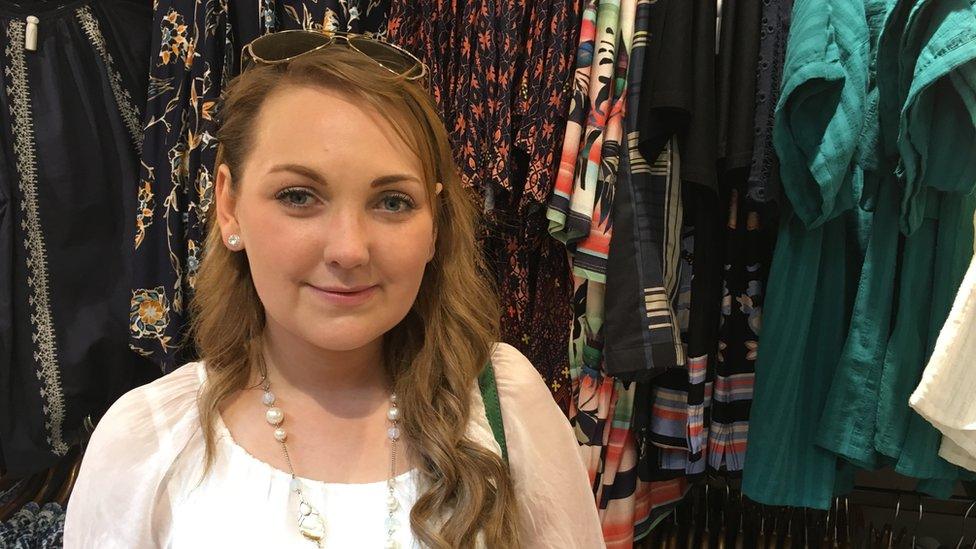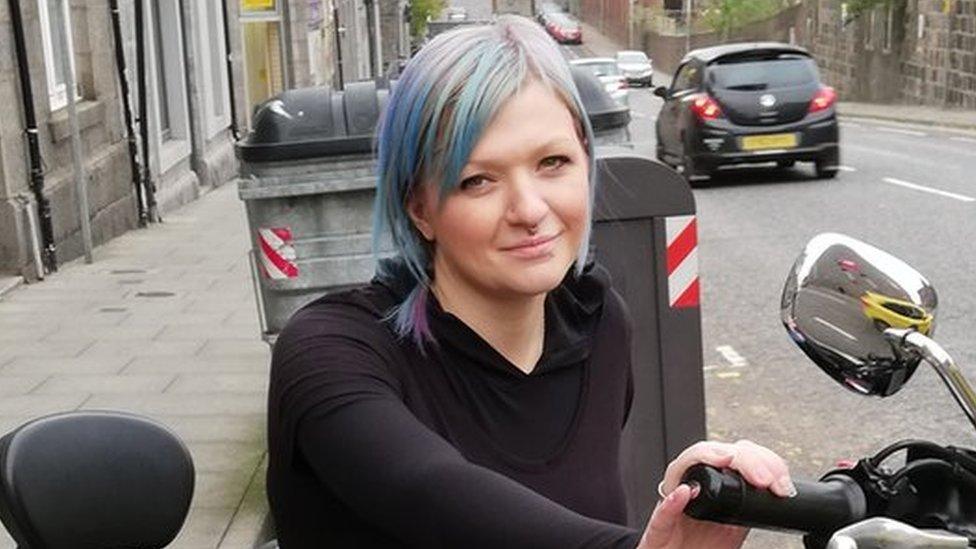Diabulimia: NHS cash to treat type 1 diabetes eating disorder
- Published

At her worst point Zohra Allana was told she was "going to die".
The 25-year-old has diabulimia - when someone with type 1 diabetes deliberately doesn't take their insulin to control their weight.
"I look really awful, emaciated," she tells Radio 1 Newsbeat, while swiping through holiday photos from last year.
The condition isn't medically recognised, but now NHS England is putting just under £1m into two pilot projects to help people like Zohra.
Type 1 diabetes is an irreversible autoimmune disease which requires constant care - people who have it need their insulin to stay alive.

"I thought I looked great... I never want to go back to this"

Zohra was diagnosed with type 1 when she was 19: "I was in my flat near uni and I just collapsed."
"So my flatmates took me to the nearest hospital and that's when they told me I had type 1.
"I practically screamed the hospital down."
The leading type 1 diabetes charity JDRF estimates 60,000 15 to 30-year-olds are living with T1 in the UK.
Diabetes and mental health experts believe up to 40% of those will at some point restrict their insulin over a "fear of fatness".
"That first year I was coping well," Zohra remembers. "Eating, injecting, going to uni - but when I realised I was putting on weight because of the insulin that's when it kind of slipped."
Eventually she was taking hardly any insulin.
She remembers her holiday in Romania in October 2018 being more like a "nightmare", "I couldn't control my bladder, I could barely walk and keep up with my friends."
"I just look extremely ill."
Just before that trip she said: "It came to a point they wanted to admit me - they said I was going to die."

Zohra had this picture as her screen saver when she was an inpatient
Soon after her trip she was admitted into an eating disorder unit where she spent eight weeks being treated for diabulimia.
Zohra was already receiving care from Kings College Hospital in London which launched its new outpatient service in September 2016.
They work closely with South London and Maudsley (SLaM) hospital next door which has an inpatient eating disorder unit. That's where Zohra was admitted.
Professor Janet Treasure is a consultant at SLaM: "We're seeing more and more of it over time but because there hasn't been enough of a group power between diabetic and eating disorder clinics we have reached optimal levels of what to do about the illness."
The people running these pilots are hoping to change that.

"Every organ of the body can suffer," says prof. Janet Treasure
Thanks to the treatment she received, Zohra did start taking her insulin.
"Once you're eating and injecting you don't feel hungry - I hadn't felt full in a long time.
"I was sleeping, I hadn't slept for four years."
In Zohra's case, you could see obvious weight loss, but experts believe it's hidden for thousands of sufferers.

Megan's parents want her story known to help other families
Megan Davison's family never realised she had diabulimia. The 27-year-old killed herself in August 2017 after years of suffering with the illness.
She left a six-page suicide note. Her mum Lesley says: "She felt there was no hope for her, that there was nothing in place to help people with her condition."
Professor Jonathan Valabhji is National Clinical Director for Obesity and Diabetes at NHS England: "There's a spectrum for the disease here - a much higher proportion will be suffering in a less obvious degree."
The second pilot in Bournemouth will look at more moderate cases. Those, like Megan, who are of normal body size but are still not taking their insulin.
These projects come almost 18 months after the Newsbeat and BBC Three documentary Diabulimia: The World's Most Dangerous Eating Disorder., external
Back then Tim Kendall, NHS England's national clinical director for mental health, told Newsbeat that people were "waking up to" diabulimia.
For Zohra, life is on the up. She has a new job and she's looking forward to her future: "It's not about weight for me anymore, it's about living life.
"Weight is always going to be an issue but I need to weigh up what's more important and it always comes out as life - rather than trying to get that potential ideal body which isn't even right."
If you need help or support to do with any of the issues raised in this article you can take a look at the BBC Advice pages.
Follow Newsbeat on Instagram, external, Facebook, external and Twitter, external.
Listen to Newsbeat live at 12:45 and 17:45 every weekday on BBC Radio 1 and 1Xtra - if you miss us you can listen back here.
- Published8 September 2016

- Published25 September 2017

- Published2 January 2019
